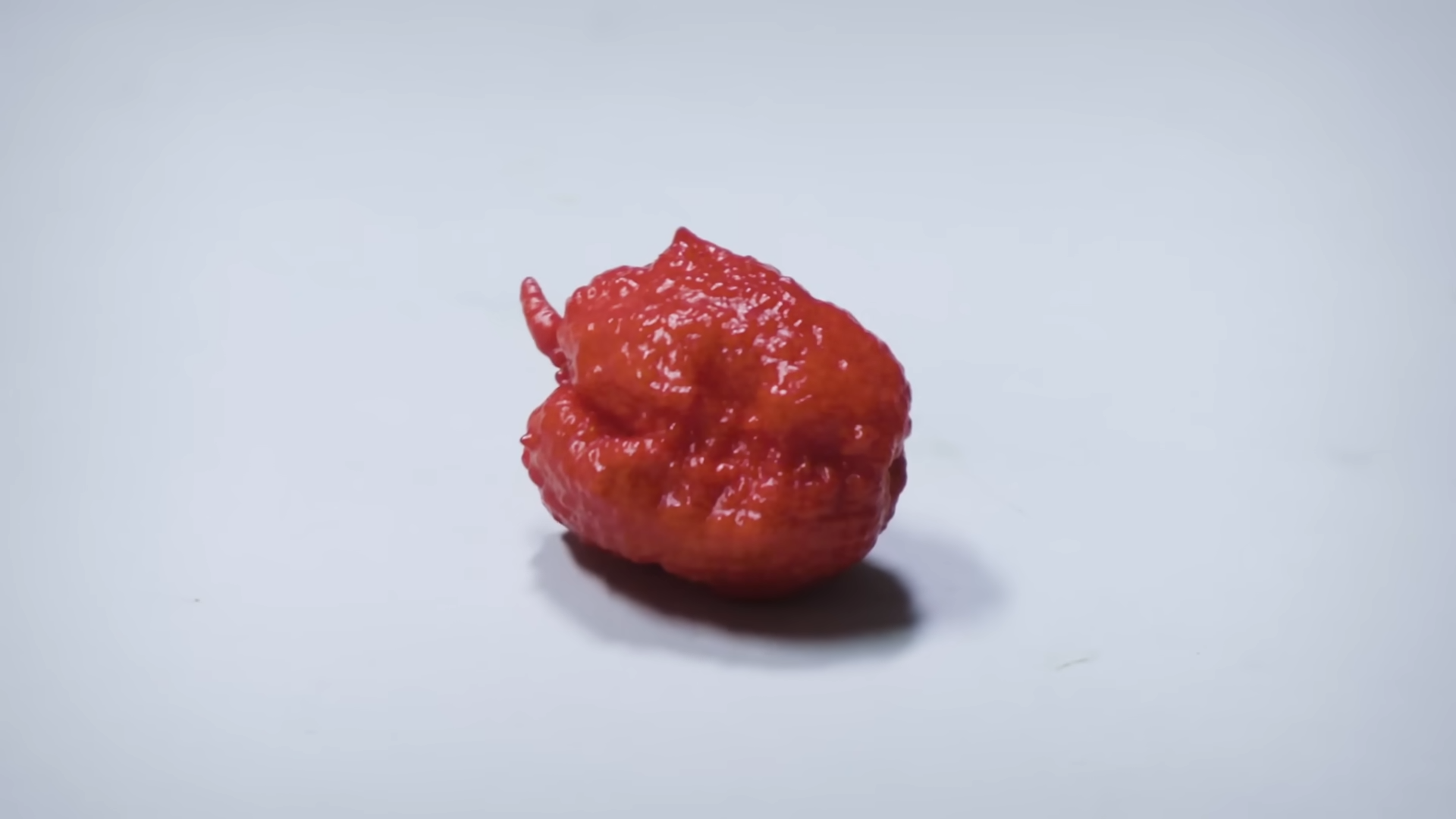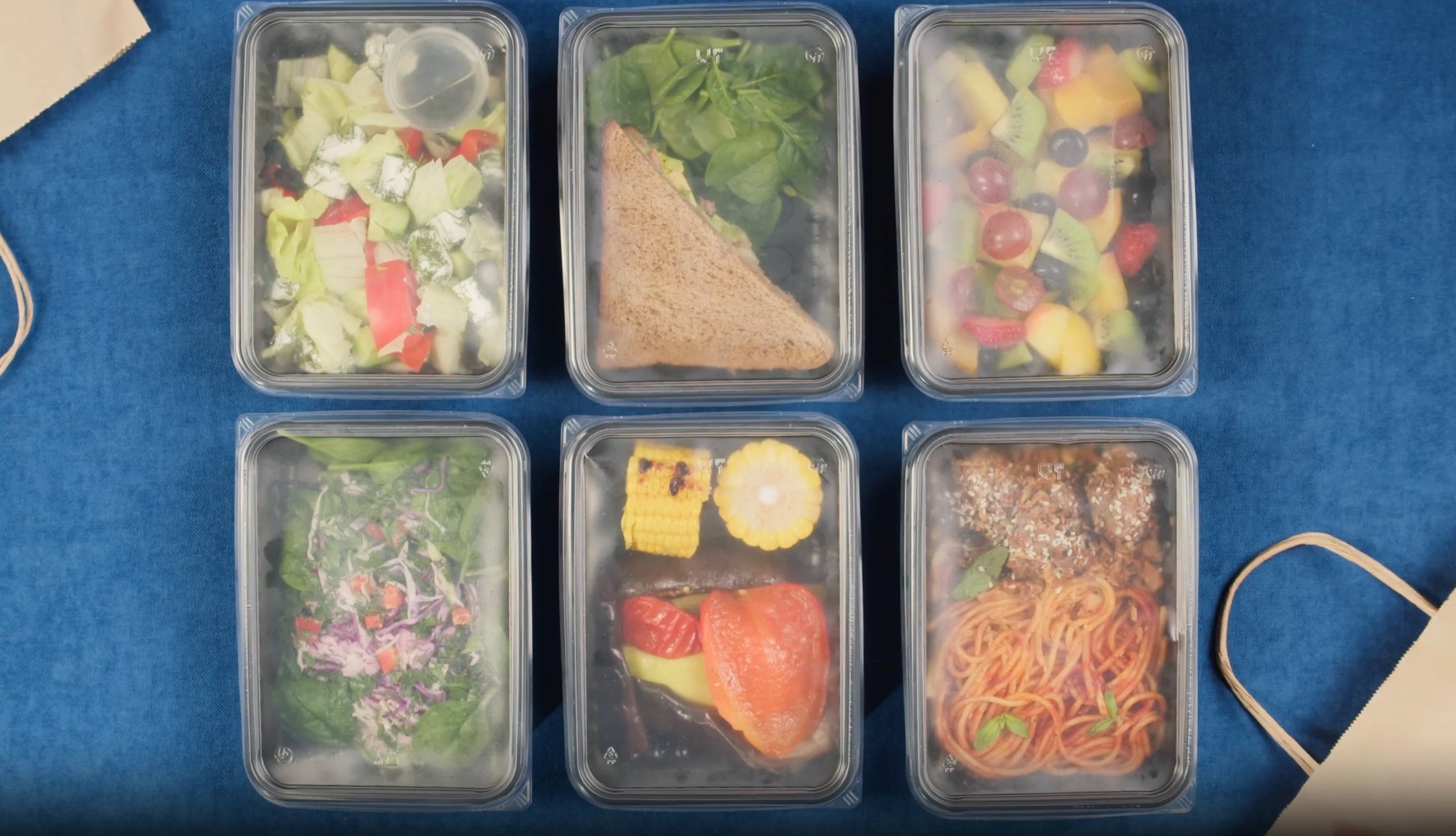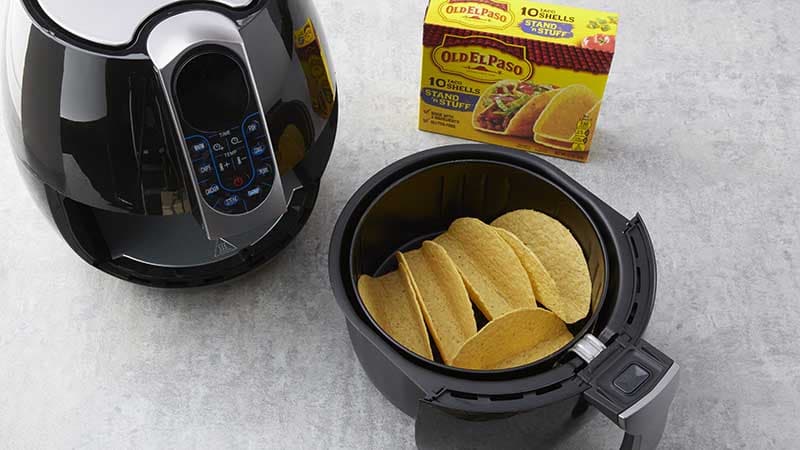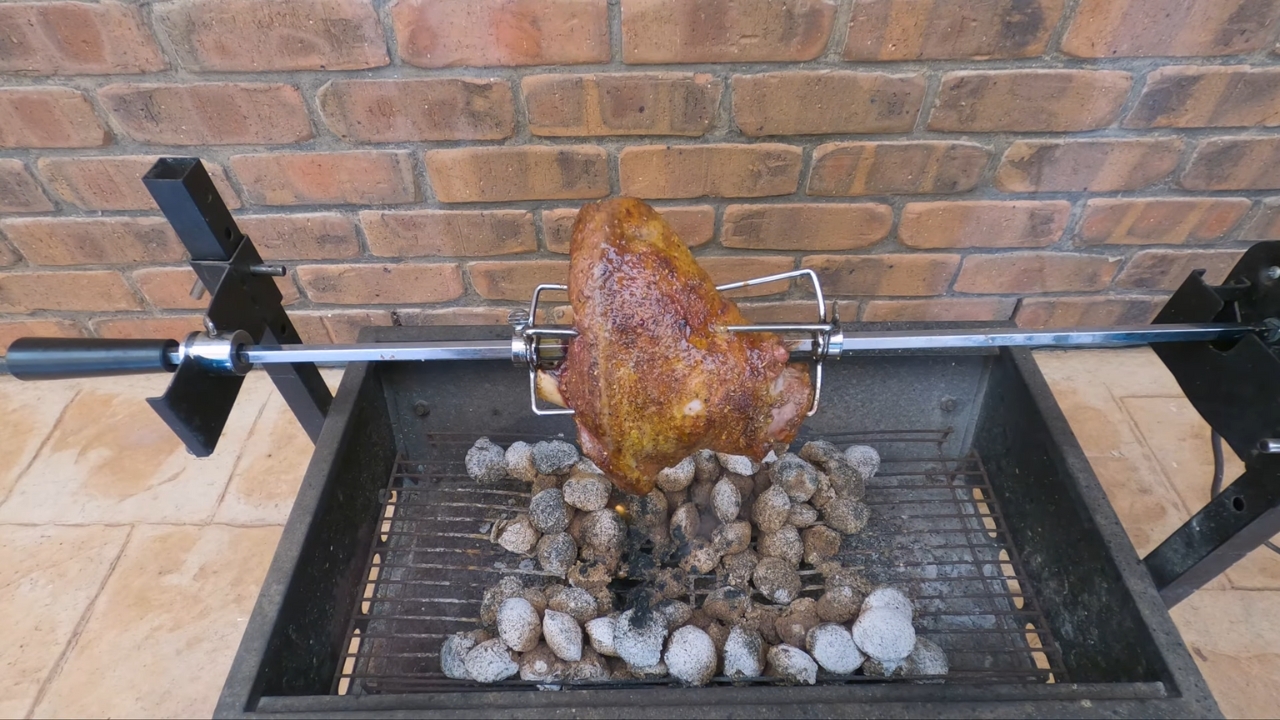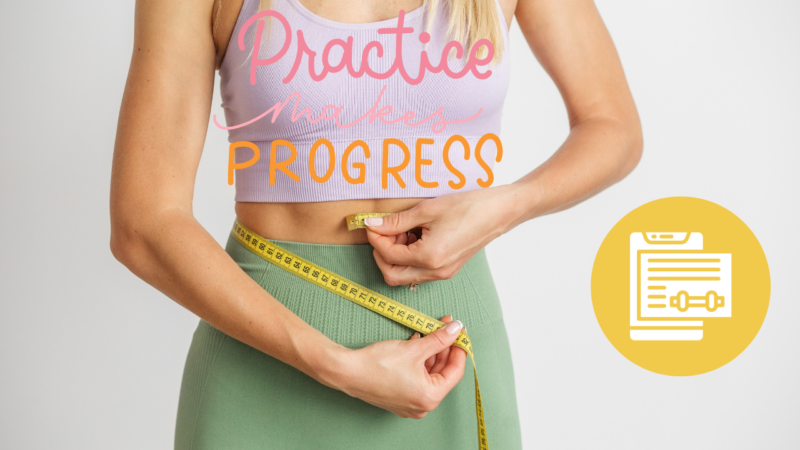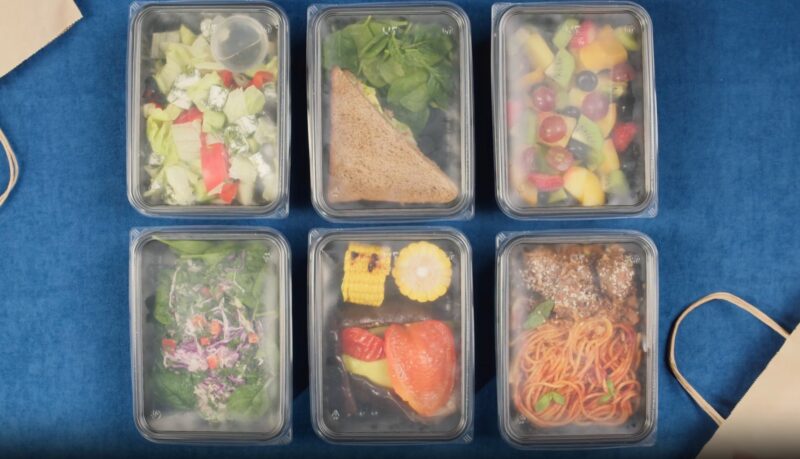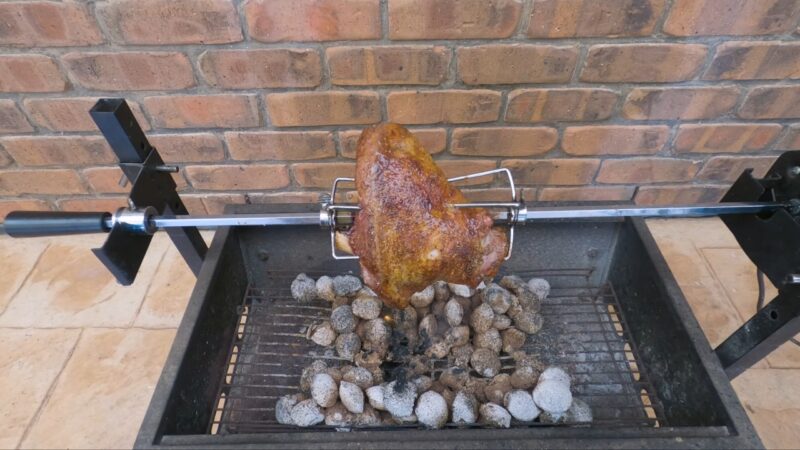
Did you know that almost 60% of your body is made up of water? What do you suspect will happen to your body when you do not take enough water? Research shows that humans can survive 30-40 days without food. However, the same species will have difficulties after spending only three days without water.
Water is the carrier of all the useful nutrients in our bodies. It also the same water that flushes out toxins from the system. Water also plays a crucial role when it comes to the regulation of body temperature. There are different types of water sources, which come with varying benefits and limitations. Our focus today will be on filtered and bottled water:
Table of Contents
ToggleFiltered water
It is typically tap water that has been purified. The purification process aims to make the water safer or improve its taste. The extent of purification and safety of the water will depend on the filtration that is in place. There are basically two major types of filtration systems that you will find in most filtered water systems; reverse osmosis and charcoal filters.

Reverse osmosis
Separates clean water from impurities after the impure water passes through a porous membrane under high pressure. The method eliminates almost 100% of dissolved material, harmful bacteria, and organic material. The process takes longer to implement even though it is efficient in energy consumption. The systems are generally complicated to maintain.
Charcoal filters
It uses activated charcoal as it is known to be extremely porous. The activated charcoal binds chemically with the bacteria and other chemicals in the drinking water and leaves the water clean. The activated charcoal does not bond with all impurities. The charcoal also needs to be replaced after some time because the pores get clogged and make it hard to bond with particles.
Benefits of drinking filtered water

It is healthy
There are certain particles in water that are not fit for human ingestion. Filtration eliminates elements such as herbicides and pesticides. Reverse osmosis comes in handy to eliminate such particles. Water has some natural substances that are good for our general health. Most filtration systems leave such substances in the water after purification.
Odorless
You may find that water from some taps comes with a funny smell. Chlorine is the major cause of this odor, which makes it uncomfortable to consume water. However, chlorine kills bacteria that are a threat to your health. A filtration system will eliminate that smell and allow you to have an easy time as you drink water.
Tastes the same or better
The filtration system does not compromise the taste that you need in water. A good number of bottling companies sell filtered water to their consumers. The fact that a filtration system will remove odors makes it a good choice for most homeowners.
You can order on demand
The world is changing, and people are now banking on convenience and ease of doing different things. People are looking forward to creating a world with minimal wastage. Filtered water creates the perfect environment for those looking for on-demand services. You can now get a home water delivery service only when you need clean drinking water. You can have several water bottles that you can refill at will and store in your home.
Cheap and good for the environment
Concerns over plastic bottles disposed of different parts is something worth looking at. Reusable bottles can be the answer to this nightmare, threatening the quality of life that we lead. The initial investment in reusable bottles might be high. However, you will incur reduced costs with refills.
Demerits of filtered water
Purchasing and maintaining a filtration system can be expensive. The filters demand frequent replacements, or else you end with an ineffective system.
Bottled water

Bottled water is water that has been purified and stored in water bottles. The following are some of the benefits associated with buying bottled water.
Convenience
It is a convenient choice if you are looking for a solution when you are on the road. You can always grab a bottle of water when you are in the yard, your garage or in your car. The beauty of bottled water is that you can buy from the local store if you forgot to carry a bottle from home.
Quality Standards for Bottled Water
Bottled water is regulated by the Food and Drug Administration (FDA) in the United States, or similar bodies in other countries, which set strict standards for safety, quality, production, and labeling. This ensures that the water you’re drinking is safe and of high quality.
Variety of Bottled Water
Bottled water comes in various types such as spring water, purified water, mineral water, and sparkling water. Each type has its own unique taste and mineral content, giving consumers a wide range of options to choose from based on their preference.
Emergency Preparedness
Bottled water is an essential item in emergency preparedness plans. In case of natural disasters or other emergencies where tap water may not be available or safe to drink, having bottled water stored can be a lifesaver.
FAQ
What is the difference between spring water and purified water?
Spring water comes from a natural spring and contains minerals that are naturally occurring. It undergoes minimal treatment, preserving the natural taste and mineral content. On the other hand, purified water can come from any source, including spring, well, or tap water, but it undergoes a purification process to remove chemicals and other contaminants.
The purification process also removes most of the natural minerals, resulting in water that is very pure but may lack the natural taste of spring water.
Are there any health risks associated with drinking filtered water?
Filtered water is generally safe to drink, provided the filter is properly maintained and replaced as needed. However, if the filter is not properly maintained, it can become a breeding ground for bacteria. Also, some filters may not remove all contaminants, depending on the quality of the water source and the type of filter used.
Is it safe to refill plastic water bottles?
While it’s not recommended to reuse single-use plastic water bottles, it’s generally safe to refill them a few times if they’ve been properly cleaned. However, they can harbor bacteria and degrade over time, which can potentially leach chemicals into the water. It’s better to use a reusable water bottle designed for long-term use.
How often should I replace my water filter?
The frequency of filter replacement depends on the type of filter and the quality of your water source. However, a general rule of thumb is to replace your water filter every 2-6 months or after filtering a certain amount of water, as specified by the manufacturer. Always refer to the manufacturer’s instructions for specific guidelines.
Does bottled water expire?
While water itself doesn’t expire, the plastic bottle it’s stored in can degrade over time and potentially leach chemicals into the water, especially if stored in hot or fluctuating temperatures. For this reason, bottled water manufacturers are required to put an expiration date on their products, typically two years from the bottling date.
Does bottled water expire?
While water itself doesn’t expire, the plastic bottle it’s stored in can degrade over time and potentially leach chemicals into the water, especially if stored in hot or fluctuating temperatures. For this reason, bottled water manufacturers are required to put an expiration date on their products, typically two years from the bottling date.
What is the environmental impact?
The production and disposal of plastic water bottles contribute significantly to environmental pollution. It requires a large amount of energy to manufacture and transport bottled water. Moreover, many plastic water bottles end up in landfills or oceans, where they can take hundreds of years to decompose. Using a reusable water bottle and filtering your own water can be a more environmentally friendly choice.
Final Words
In conclusion, both filtered and bottled water have their own advantages and disadvantages. Filtered water is a cost-effective and environmentally friendly option that provides you with clean, safe water right from your tap. It can be a great choice for your home, especially if you invest in a high-quality filtration system.
On the other hand, bottled water offers convenience, especially when you’re on the go. It’s also a reliable option in emergencies when tap water may not be available or safe to drink. However, it’s important to be mindful of the environmental impact of plastic bottles and consider recycling or using reusable bottles whenever possible.
Related Posts:

